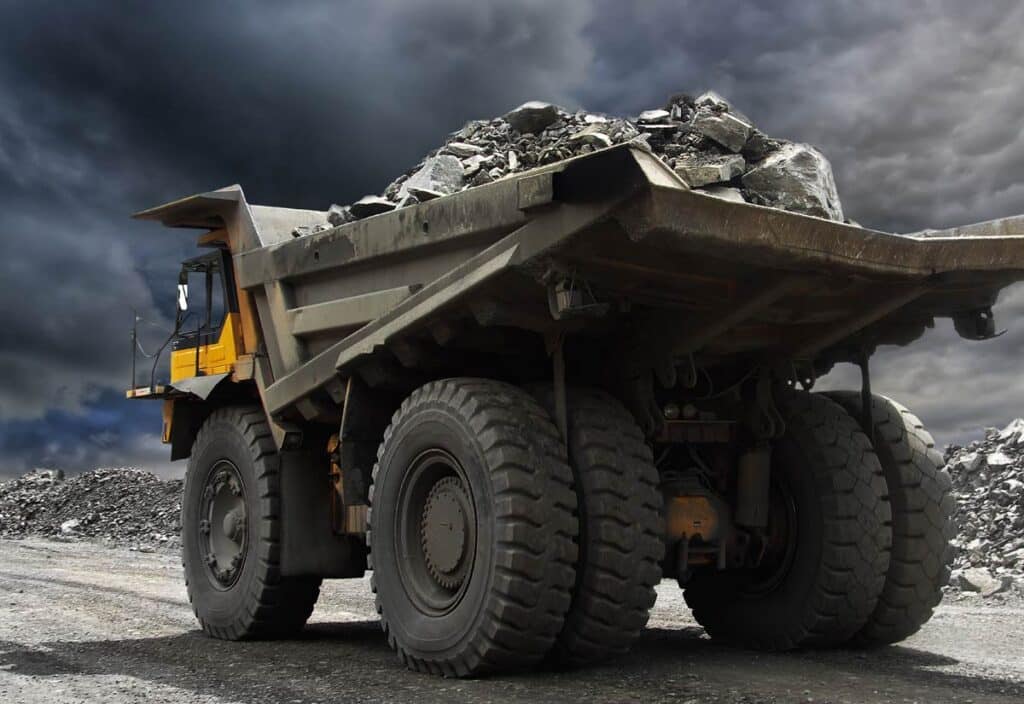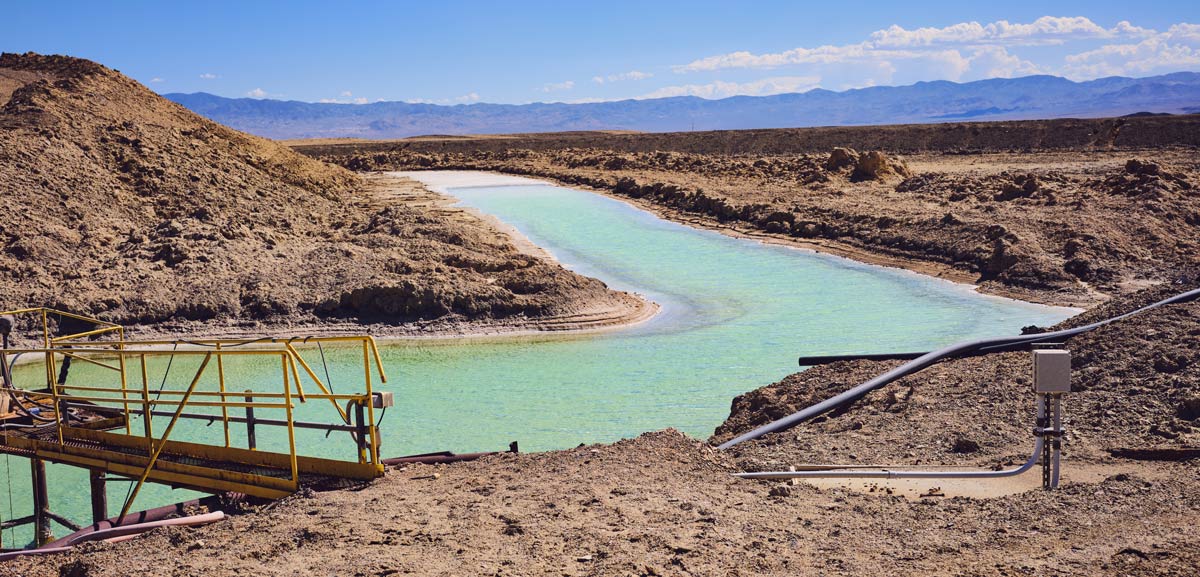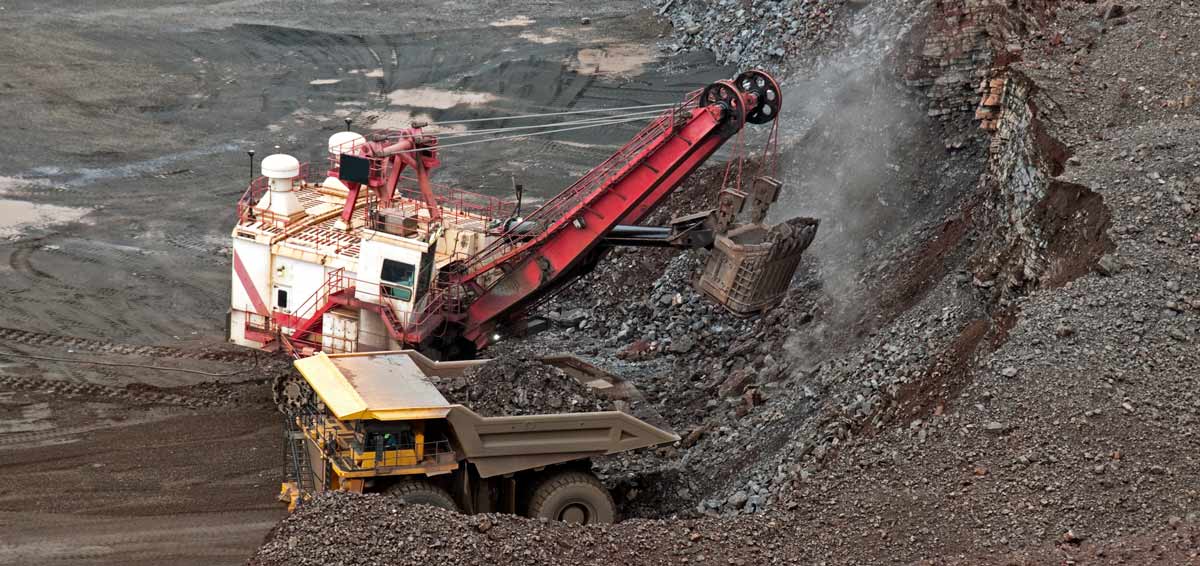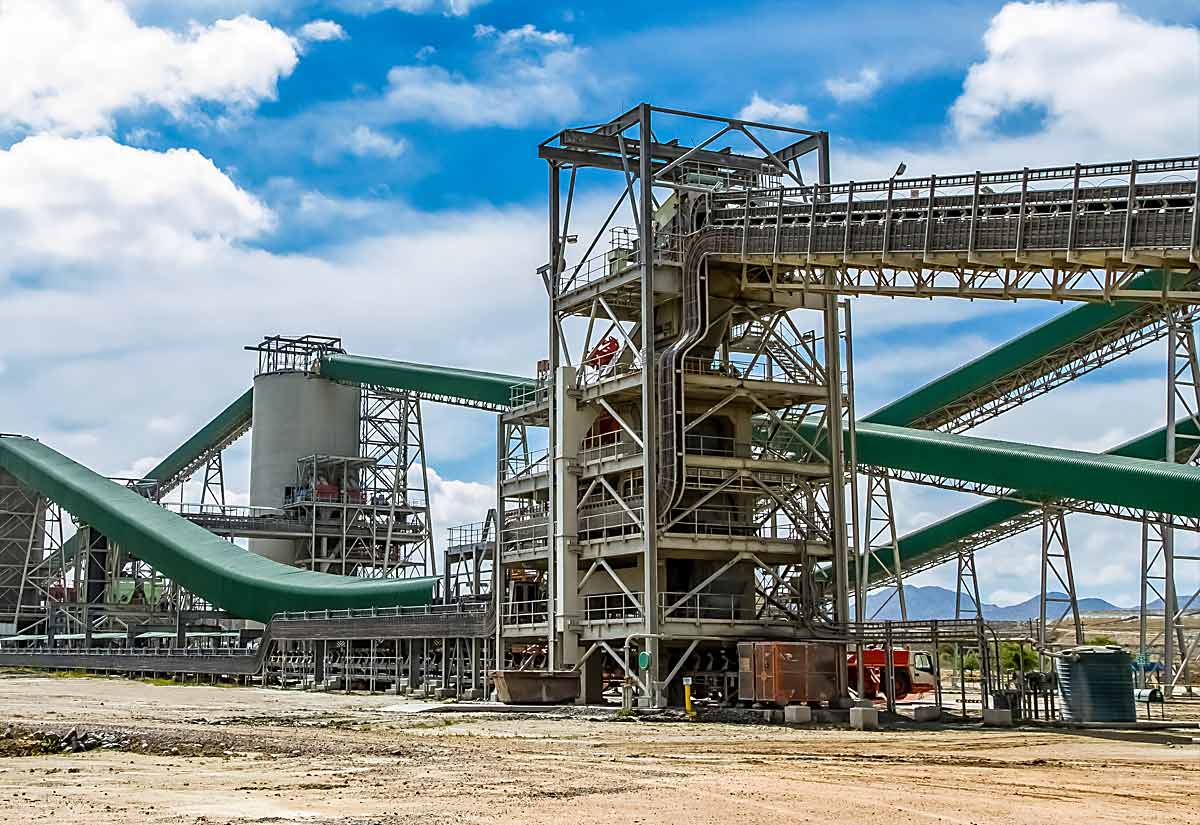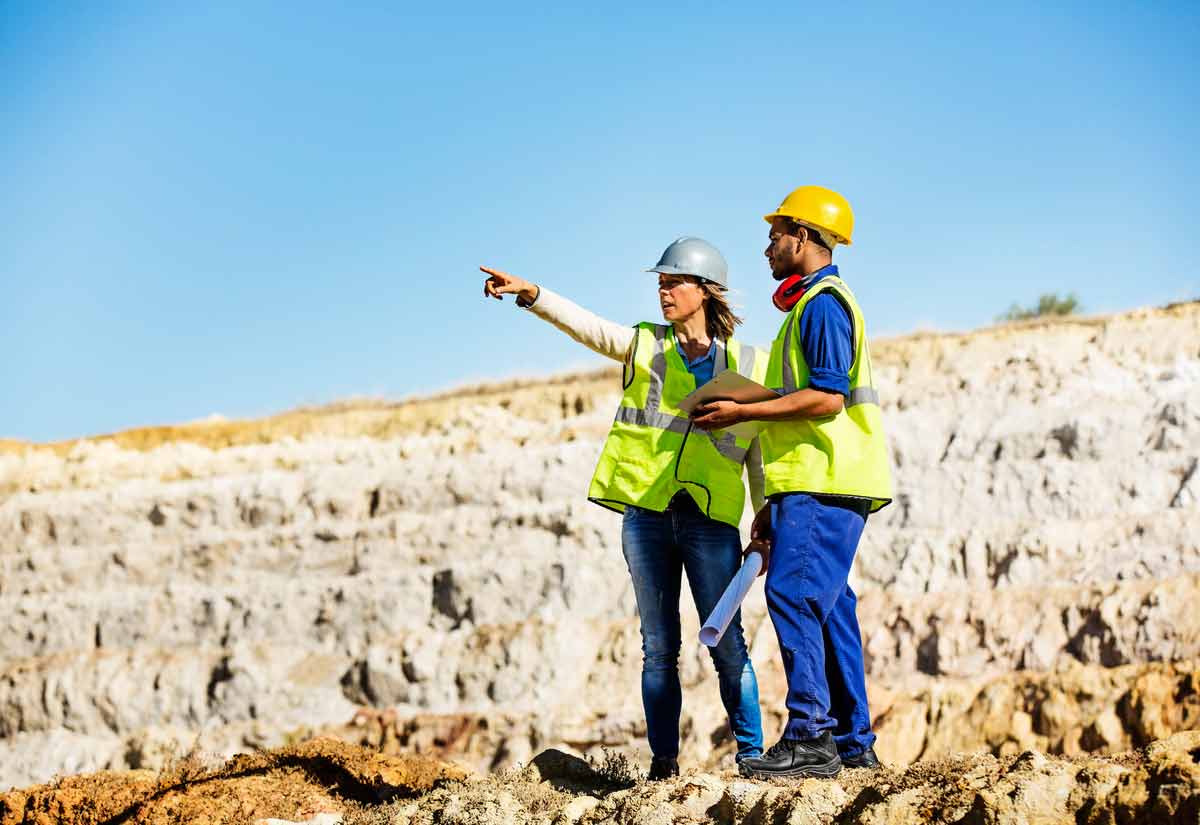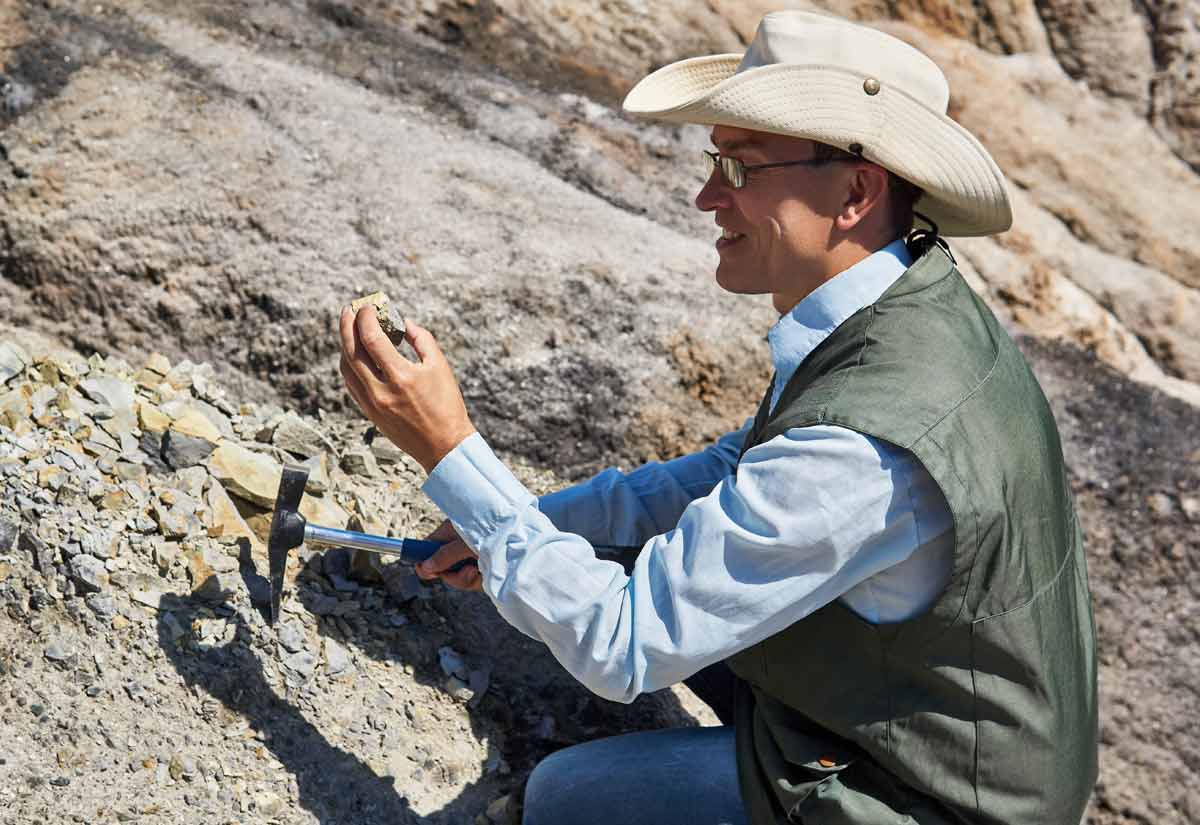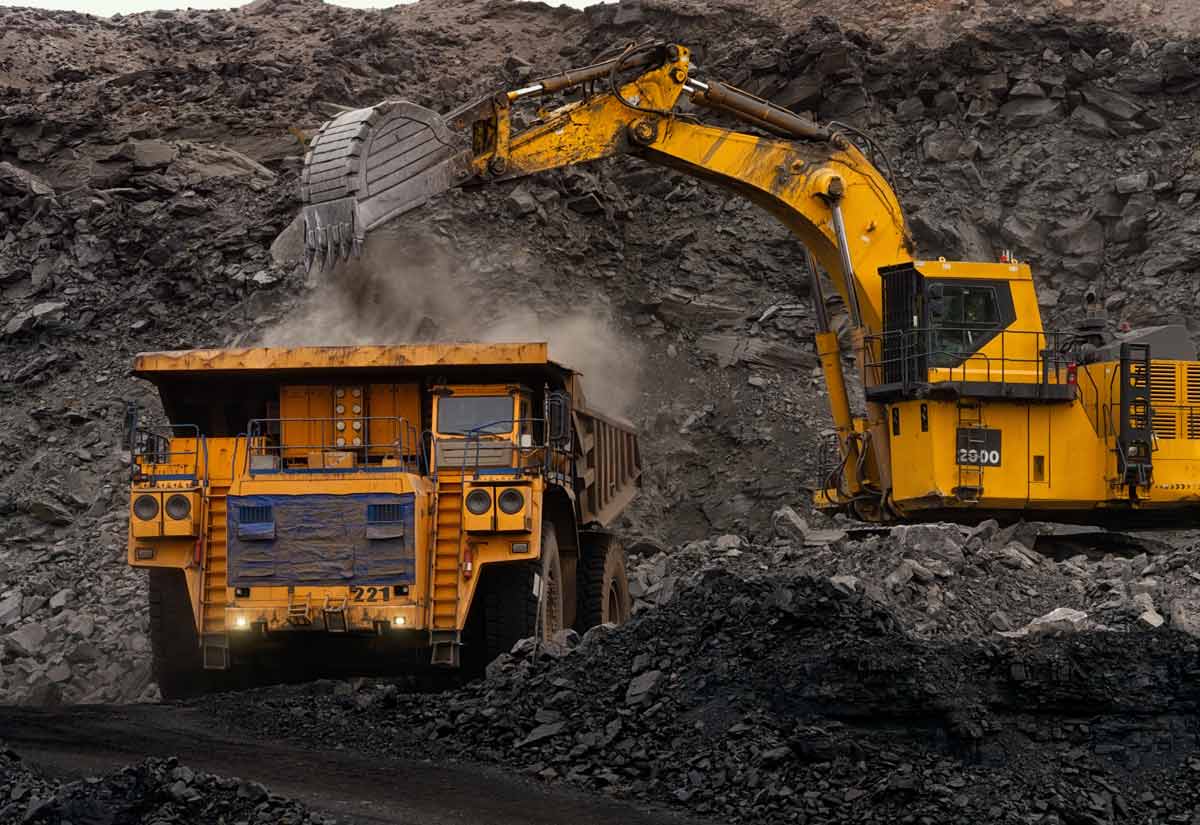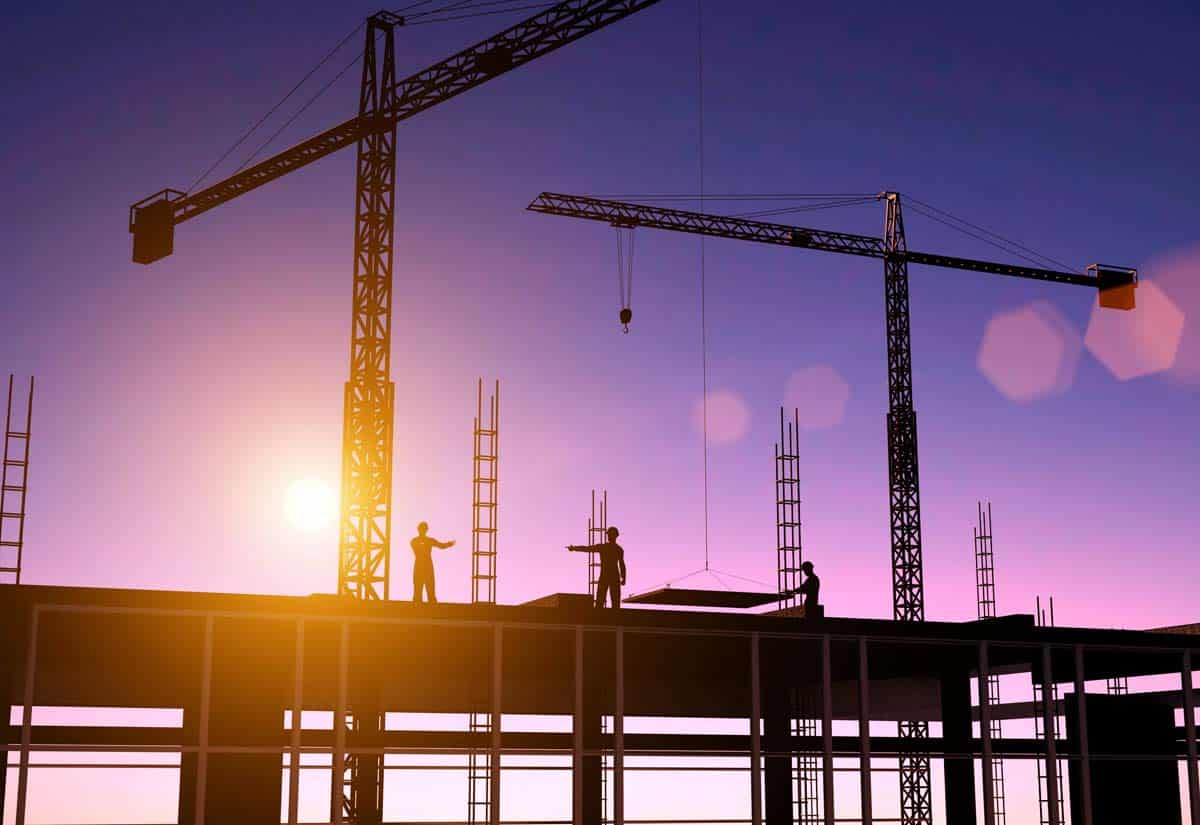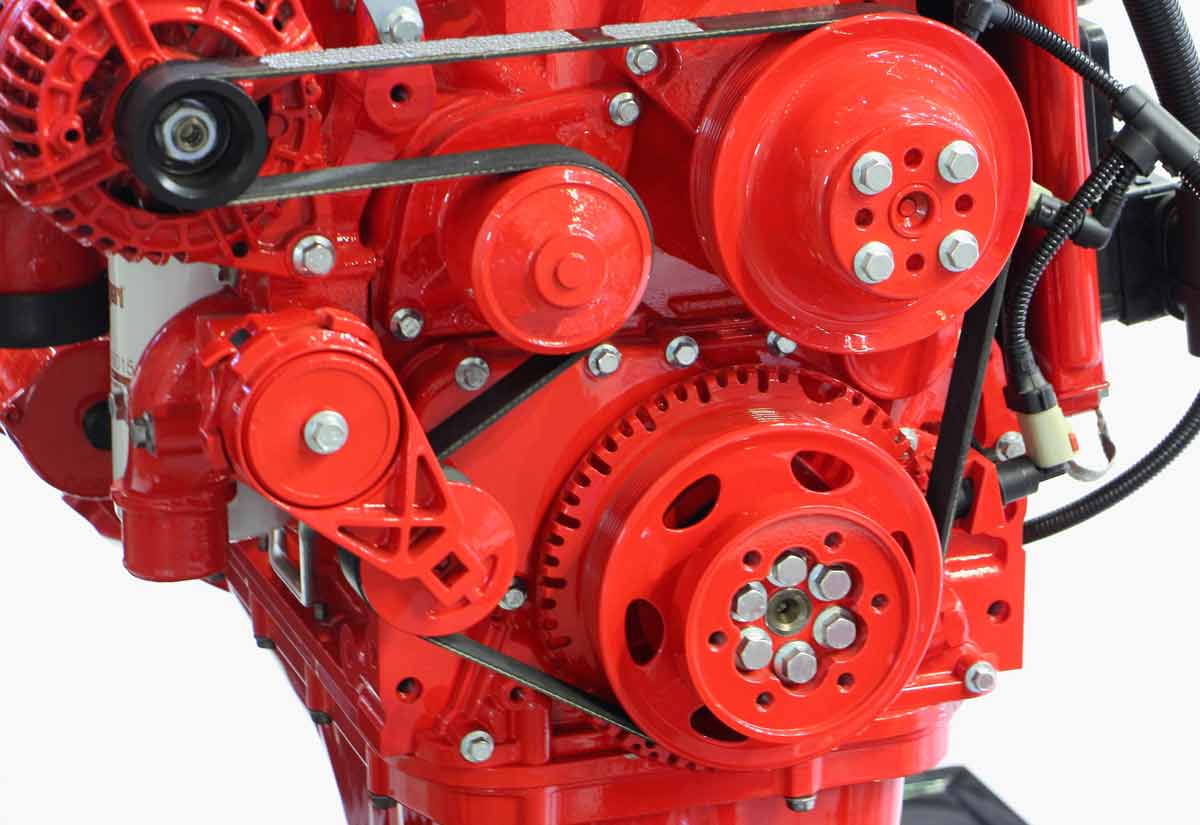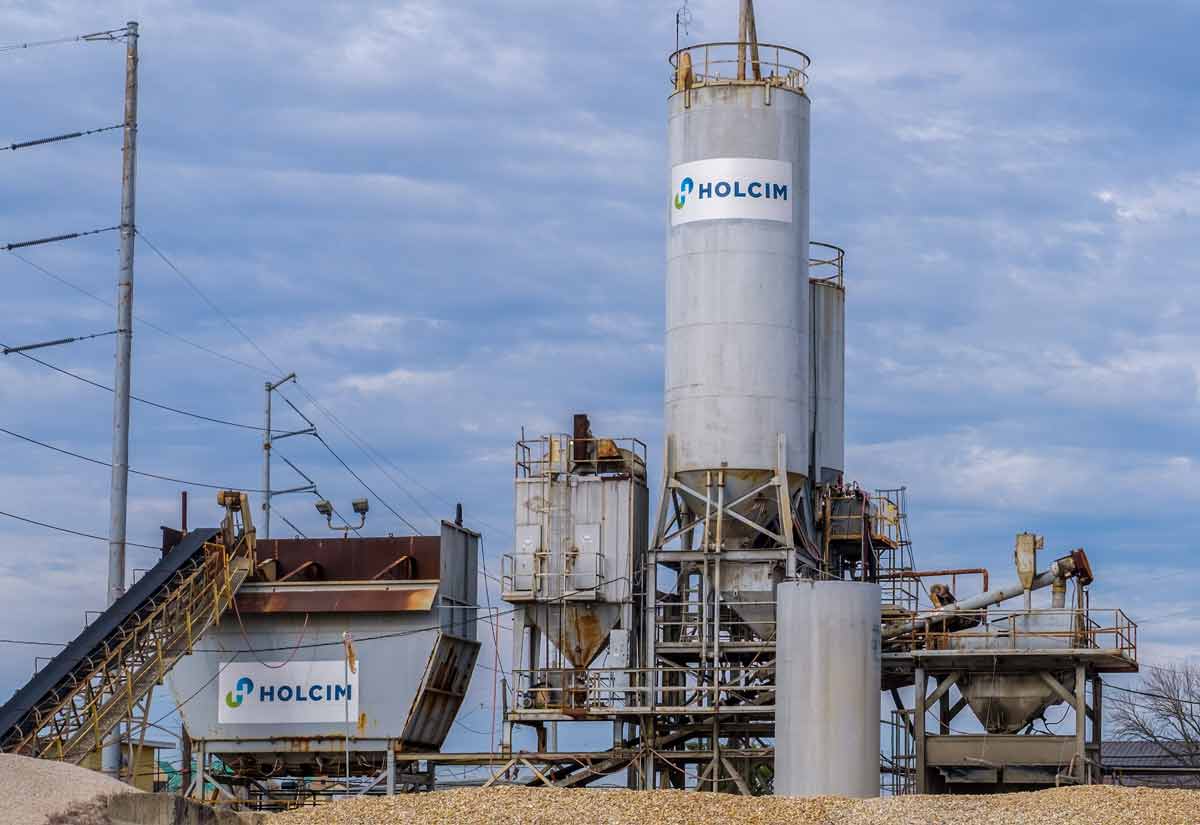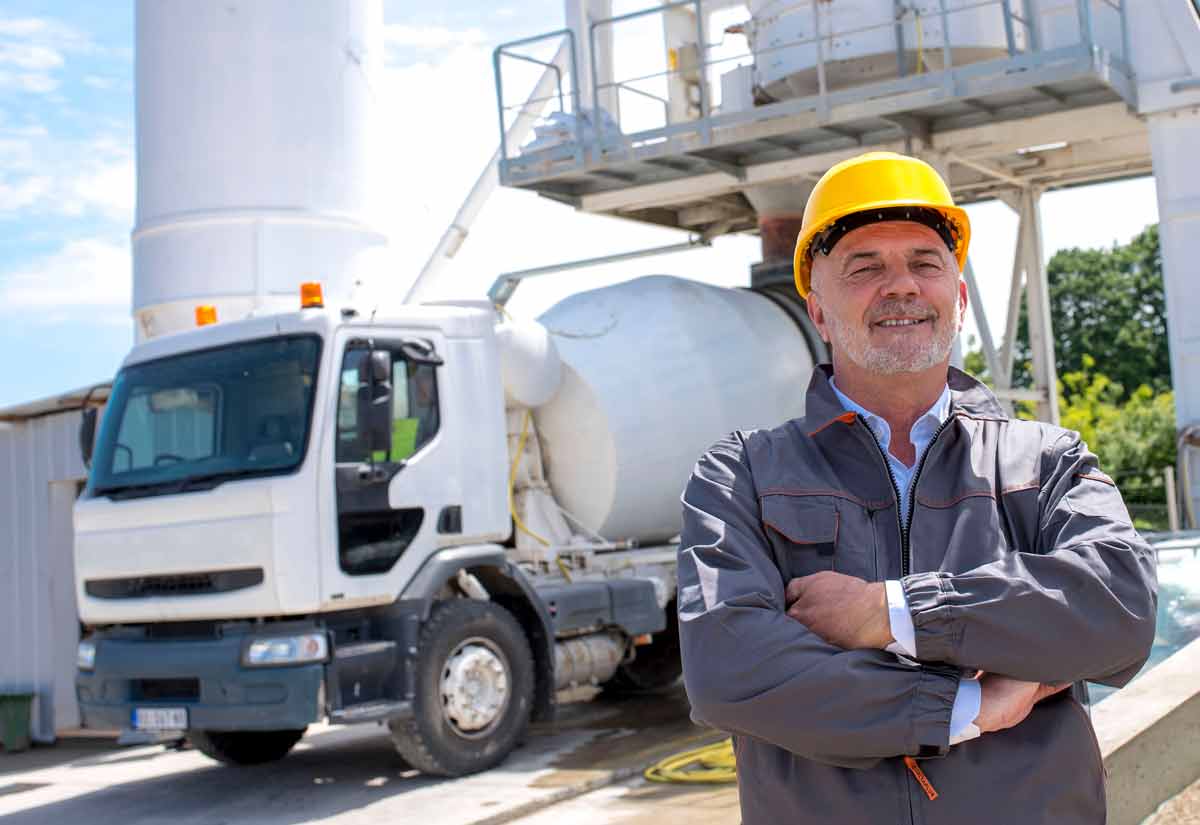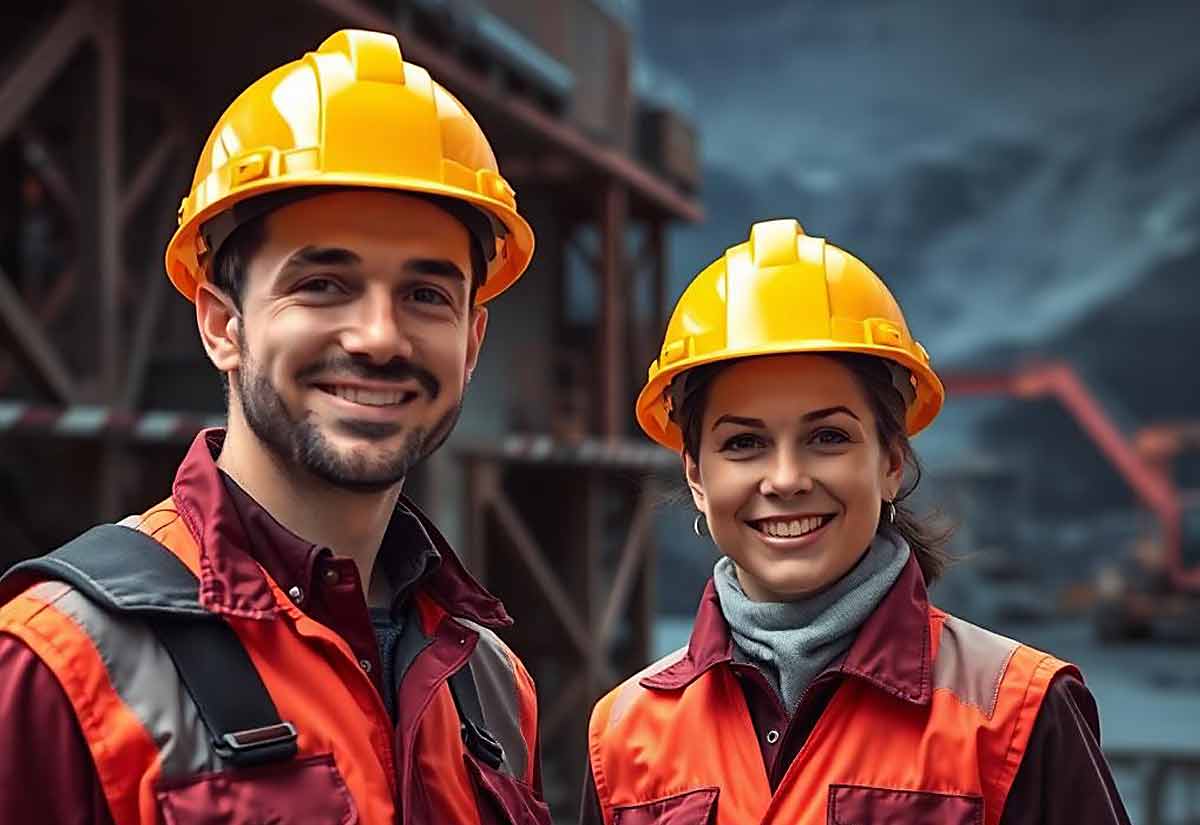Sustaining Domestic Battery Metal Supply Chains
The inevitable rollout of 5G, the transition to all-electric vehicles, and lucrative battery metal partnerships between miners and EV manufacturers in the US, Canada, and Australia, are the drivers for building stable domestic battery metal supply chains. And in most cases, the term “domestic” is diplomatic industry-speak for “not made in China”.
But cutting China loose and going local doesn’t always alleviate the shaky confidence of an investment community worried because of risks of local opposition on big-budget REE extraction projects costing multiple billions of dollars.
NIMBY is Back. Even For Green Energy Mining Operations
Going domestic can bring with it a plethora of legal problems when it comes to dealing with the indigenous neighbors of mining operations, some of whom will go to any length to enforce the same stale NIMBY (Not In My Back Yard) attitudes that have always plagued all sectors of the energy industry. Especially if that backyard is alleged to hold the bones of long-gone Aboriginal ancestors in Australia, or provides habitat for a rare species of buckwheat in a US desert, as we reported last June.
Opposition like this, that imperiled the ioneer Ltd proposal for the Rhyolite Ridge lithium project in Nevada can raise risk and kill investor confidence. Lawmakers in the Western Australian government face even tougher challenges “complicated by the fact that the new rules need to protect not only historical sites and the environment but also cultural beliefs.”
The surging battery or “magnet metals” REE market now sweeping across the mining industry like a tidal wave has Australia, China, and the US engaged in a Greenland Precious Metals Rush as Resource Erectors reported last March. In that case, plans to pipe 550 tons of daily waste materials into a nearby lake at the US-backed Tanbreez Kringlerne site had to clear understandable public approval hurdles before applying for further parliamentary approval from Greenland’s governing Kingdom of Denmark in Copenhagen.
US and Australia Miners Facing Similar Dilemmas
In the US environmentalists and Native Americans are suing to stop key essential metal projects such as Lithium Americas’ Thacker Pass Project in Humboldt County in northern Nevada. According to the July 29, 2021 report at OilPrice.com, environmental groups were backed up by Native American tribes in the region who were allowed to join forces in the lawsuit with claims that “the lithium mining project would damage their sacred religious and historical grounds”. To date, the same judge denied their request for an injunction to stop preliminary work at the Thacker Pass lithium project.
But what about the rights of a sacred snake in Australia? That’s one of the dilemmas that Australia’s leading mining companies will be addressing at the three-day Diggers and Dealers conference held “on the edge of a huge gold mine in Kalgoorlie, Western Australia” according to a July 30, 2021 report at miningweekly,com
After enduring covid shutdown supply disruptions from the country that controls an estimated 85%-90% of REE (Rare Earth Elements) independence from CCP China’s near-monopoly on battery metals and minerals is a top priority for North American and Australian EV operations.
We’ve already seen manufacturing commitments from megabusinesses like Jeff Bezos’ Amazon order for 100,000 electric delivery vehicles scheduled to hit the road by 2030. That’s just the impetus that manufacturers need to offer lucrative raw material deals to the domestic miners who can supply them in the tightest, streamlined, direct supply chains.
According to Statista, projected global battery demand will skyrocket from 185 GWh in 2020 to over 2,000 GWh by 2030. But apparently, that doesn’t make battery metal extraction and processing essential for everybody and adding cultural factors to environmental impact opposition is the last thing the industry and those who take the risks of investment want to see.
This July 2021 we’ve seen some good steps up and a few steps blocked as the industry gears up for optimized production. Mining industry leaders like the giant BHP this July moved decisively to secure a reliable nickel supply from its Nickel West operations in Western Australia for Tesla batteries. As reported in an informative article at Small Caps:
“Demand for nickel in batteries is estimated to grow by over 500% over the next decade, in large part to support the world’s rising demand for electric vehicles, ” BHP chief commercial officer, Vandita Pant said.
The impeded progress made to advance essential mineral and metal operations by the mining and green energy industry leaders showed us that meeting the demands of an exploding battery metal market is running into some severe kinks in the supply chain. Energy industry leaders are finding that no matter how green they make their low carbon operations in the US, Canada, and Australia there’s always another old snake in the grass.
Demand for smart devices, disposable 5G sensors, smartphones, and innumerable 5G gadgets that the engineers haven’t even imagined yet will play their part in fueling the hot battery metal market but they’re just the kindling.
“The global demand for batteries is expected to increase from 185 GWh in 2020 to over 2,000 GWh by 2030. Despite the prevalence of consumer electronics in 2020, the small energy capacities of gadgets such as phones mean that, in terms of gigawatts, the demand is relatively low. This large increase is mainly due to the electrification of transport which will account for the vast majority of battery demand in 2030 in terms of total energy storage capacity.”- Projected global battery demand from 2020 to 2030, by application- Statista
A Win/Win Partnership For An Essential Link In the US EV Supply Chain
And here at Resource Erectors we were happy to see the win/win teamwork demonstrated by Talon Metals and the Steelworkers Union out at the Tamarack Nickel Project, an essential link in the US EV battery supply chain. According to the July 29,2021 report at mining news daily, Talon Metals and Steelworkers Union Partner to Advance the Tamarack Nickel Project for US EV Battery Supply Chain;
“The Tamarack Nickel Project, located 54 miles west of Duluth, is the only undeveloped high-grade nickel deposit in the US with the prospect to create an integrated US-based nickel supply chain for the electric vehicle (EV) industry.”
Let’s just hope that rare buckwheat and sacred snakes aren’t native to Duluth.
About Resource Erectors
Making win/win workforce combinations by matching the best qualified experienced professionals with the top heavy industry companies who are in need of their hard-to-find talents in the US, Canada, and Australia is our mission at Resource Erectors. We bring decades of specialized experience for recruiting and candidate placement in diverse sectors of industry including mining, minerals processing, engineering, civil construction, concrete, aggregates, construction materials and more.
When you’re ready to move up your company or career you’re ready for Resource Erectors so don’t hesitate to contact us today.
